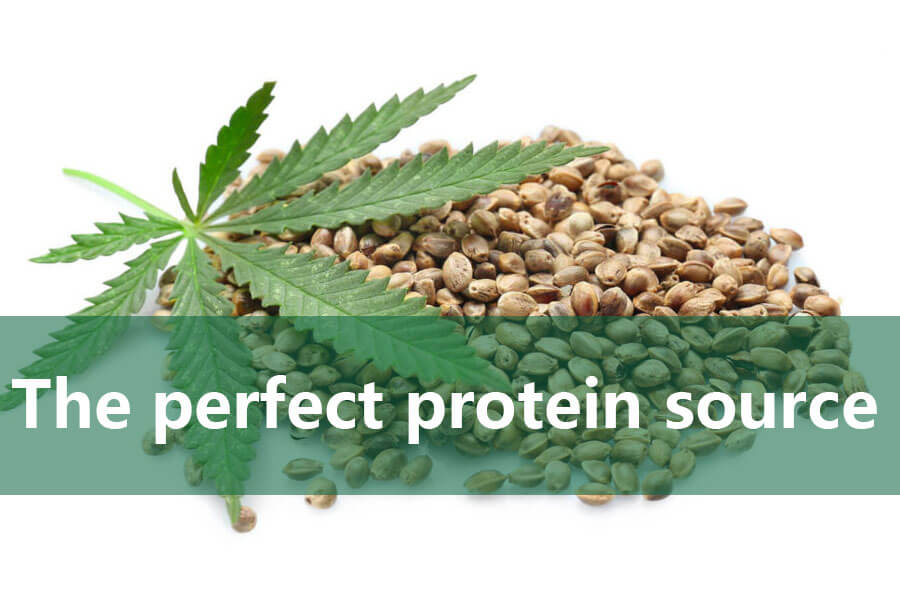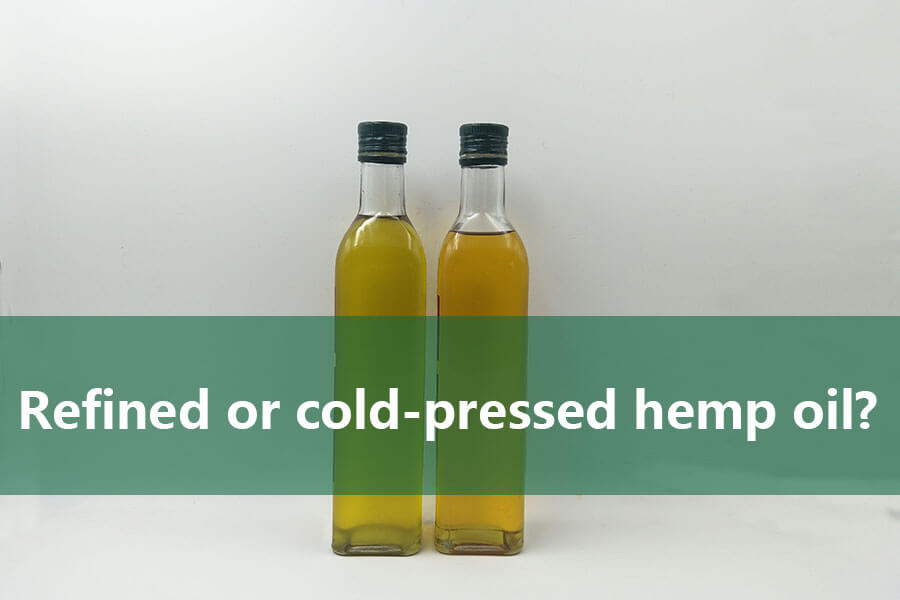The global organic hemp seed oil market is poised for transformative growth, driven by the dual forces of cold-pressed premiumization and refined oil industrialization. Projected to reach USD 5.2 billion by 2030 (CAGR: 7.1%), this market is redefining plant-based oils through its unique nutritional profile and sustainability credentials. Below, we unpack the market’s bifurcated growth strategy, challenges, and untapped opportunities.
1. Market Segmentation: Cold-Pressed vs. Refined
Cold-Pressed Hemp Seed Oil
- Market Share: Dominates 65% of revenue (2024), favored by health-conscious consumers6.
- Extraction: Low-temperature mechanical pressing (<120°F) preserves omega-3/6 balance (3:1 ratio), chlorophyll, and vitamin E.
- Applications:
- Functional Foods: Added to smoothies, dressings, and supplements for anti-inflammatory benefits.
- Skincare: Valued for moisturizing and anti-aging properties in serums and creams.
- Price Premium: 20-30% higher than refined oils due to lower yield and artisanal production.
Refined Hemp Seed Oil
- Market Share: Growing at 6.8% CAGR, driven by cost-sensitive industries.
- Processing: Solvent extraction or high-heat methods remove chlorophyll and phytosterols, improving shelf life and smoke point (450°F+).
- Applications:
- Culinary: Neutral flavor and high heat tolerance make it ideal for frying and baking.
- Industrial: Used in biofuels, lubricants, and biodegradable plastics.
- Challenges: Loss of antioxidants (e.g., GLA) during refining limits its health appeal.
2. Growth Drivers
Health and Wellness Surge
- Omega-3 Demand: Hemp oil’s 2.5g omega-3 per tbsp outperforms olive and avocado oils, aligning with heart-health trends.
- Allergy-Friendly: Nut-free and gluten-free, it caters to 10% of consumers with dietary restrictions.
Sustainability Imperatives
- Carbon-Negative Crop: Hemp absorbs 4x more CO2 than trees and regenerates soil, appealing to ESG-focused investors.
- Water Efficiency: Requires 90% less water than almond farming, critical in drought-prone regions.
Regulatory Tailwinds
- FDA and EU Approvals: Recent guidelines validate hemp oil’s safety in food and cosmetics, easing market entry.
- Asia-Pacific Boom: China and India are fast-tracking hemp farming for nutraceuticals and traditional medicine.
3. Market Challenges
Quality Inconsistencies
- Cold-Pressed Risks: Lack of standardized extraction protocols leads to nutrient variability.
- Refining Trade-offs: High-heat methods degrade thermolabile compounds like tocopherols.
Consumer Education Gaps
- Misconceptions: 40% of consumers still associate hemp with psychoactive THC.
- Price Sensitivity: Premium cold-pressed oils struggle to penetrate mass markets dominated by cheaper alternatives (e.g., sunflower oil).
Supply Chain Fragmentation
- Farm-to-Bottle Delays: Small-scale organic farms struggle to meet industrial demand, causing price volatility.
4. Future Opportunities
Hybrid Product Innovation
- Blended Oils: Cold-pressed hemp oil mixed with MCT or avocado oil for balanced nutrition and cooking versatility.
- Nano-Encapsulation: Enhances bioavailability for pharmaceutical applications (e.g., CBD-infused pain relief creams).
Circular Economy Models
- Waste Valorization: Hemp seed cake (byproduct of oil extraction) repurposed into plant-based protein powders.
- Carbon Credits: Brands monetize hemp’s CO2 sequestration through carbon-negative certifications.
Gen Z and DTC Channels
- Social Media Marketing: TikTok and Instagram campaigns highlighting hemp oil’s eco-credentials and #CleanBeauty appeal.
- Subscription Models: Curated wellness boxes with cold-pressed oils and recipe kits drive repeat purchases.
5. Regional Hotspots
| Region | Growth Levers | 2025-2030 CAGR |
|---|---|---|
| North America | Premium functional foods, CBD-infused skincare, and regenerative agriculture | 8.2% |
| Europe | Strict organic certifications, pharmaceutical R&D (e.g., GLA for hormonal health) | 7.5% |
| Asia-Pacific | Ayurvedic medicine integration, government subsidies for hemp farming | 9.1% |
The Dual-Track Revolution
The organic hemp seed oil market is no longer a niche—it’s a dual-track revolution. While cold-pressed oils cater to wellness purists and premium markets, refined oils bridge affordability and industrial scalability. Brands that balance nutritional integrity with sustainable scalability will lead this green wave, transforming hemp from a superfood into a cornerstone of the circular bioeconomy.


